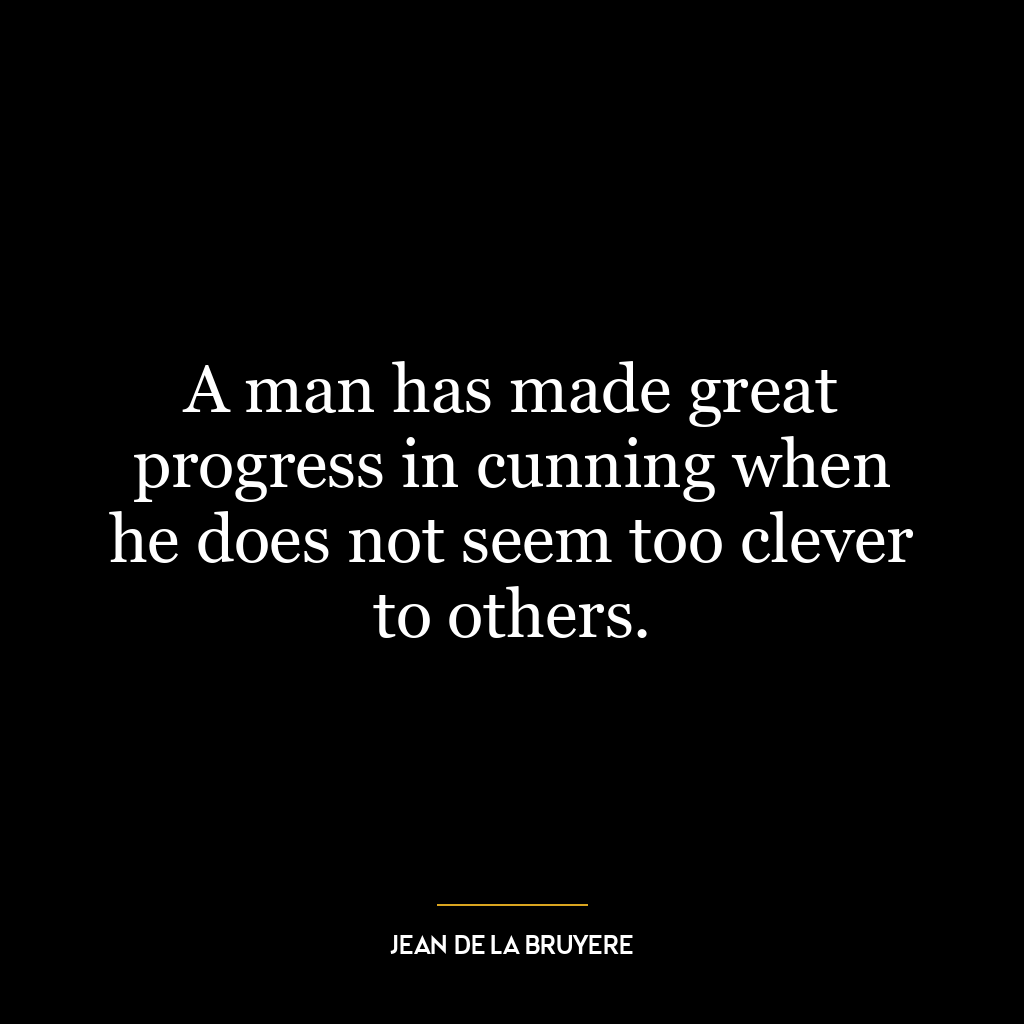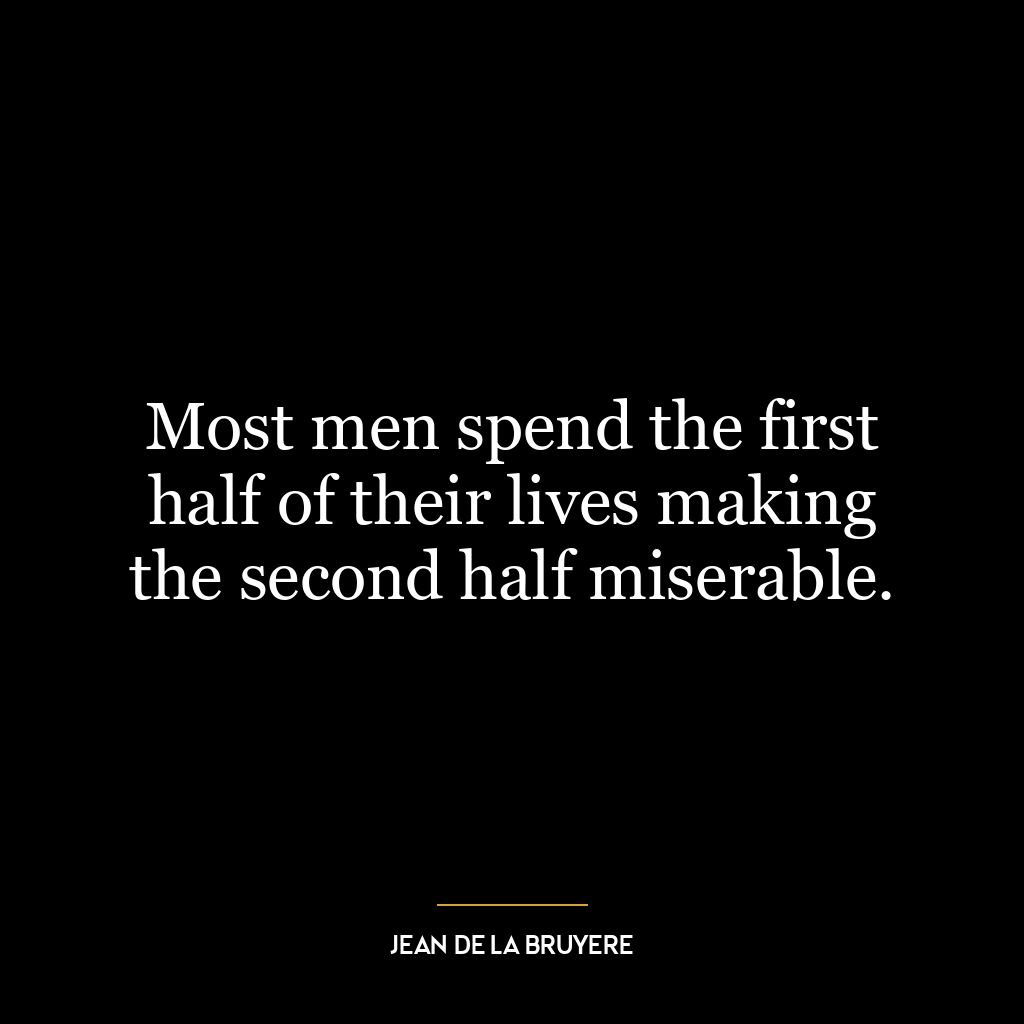To be poor without murmuring is difficult. To be rich without being proud is easy.
This quote is a profound reflection on the human nature and the challenges associated with different states of being – poverty and wealth. It suggests that accepting poverty without complaint is a difficult task, as it often comes with hardships and struggles that test one’s patience, resilience, and spirit. The difficulty lies in the human tendency to desire comfort, prosperity, and security, and the natural inclination to express discontent when these are not met.
On the other hand, the quote implies that being rich without arrogance is easy. This might seem counter-intuitive as wealth often breeds pride and arrogance. However, the quote suggests that the true challenge lies not in being humble despite wealth, but in maintaining contentment despite poverty. Wealth provides material comfort and security, thus eliminating a significant source of discontent. Therefore, it should be easier for the wealthy to maintain a humble attitude, as they are not burdened by the struggles of poverty.
Applying this idea to today’s world, we see that the struggles associated with poverty are still very much present. People in poverty often have to fight for their basic rights and necessities, and it’s difficult for them to remain content and not complain about their situation. The rich, on the other hand, have the means to live comfortably, and thus it should be easier for them to remain humble. However, we often see the opposite – the rich becoming arrogant and the poor remaining content with their lot.
In terms of personal development, this quote could be interpreted as a call to cultivate resilience and contentment in the face of hardship, and humility in the face of prosperity. It suggests that one’s attitude, rather than one’s circumstances, determines one’s happiness and peace of mind. This is a powerful concept that can help individuals develop a balanced and grounded approach to life, regardless of their financial situation.








